Annenberg Classroom has released a new film about the First Amendment right of the American people “to peaceably assemble,” the latest in its series of award-winning documentaries about the U.S. Constitution.
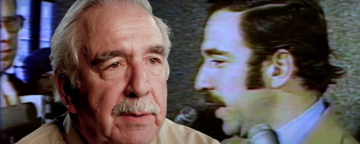

Annenberg Classroom has released a new film about the First Amendment right of the American people “to peaceably assemble,” the latest in its series of award-winning documentaries about the U.S. Constitution.
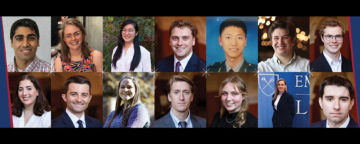
Election security and nuclear threat escalation were also among the challenges for CERL summer interns in the program for students interested in careers in national security.

Kathleen Hall Jamieson was presented with the National Superintendents Roundtable's Koff Award for her "commitment to children in excellent schools."

APPC, CERL, and CNAS released "There's Still Time to Protect American Democracy Against Threats to the 2020 Election," the first in a weekly series of commentaries.
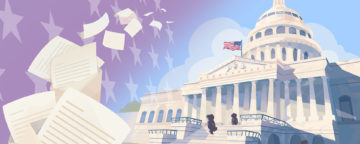
With the election approaching, iCivics and the Annenberg Public Policy Center have rereleased three free, nonpartisan educational civics games to teach students about the federal government, the courts, and law-making.
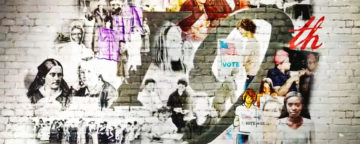
To celebrate the 100th anniversary in August 2020 of the 19th Amendment, APPC is featuring the Annenberg Classroom video “The 19th Amendment: A Woman’s Right to Vote.”

Exposure to anti-vax tweets was followed by negative vaccination attitudes and behavior – but not among people who discussed vaccination with others.

The Annenberg Science Media Monitor analyzes how the news media have presented narratives about science, from discovery to identifying problems to the "problem explored."
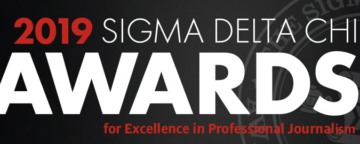
FactCheck.org has been awarded a Sigma Delta Chi award for excellence in professional journalism for a 2019 story on President Trump's claims about the steel industry.
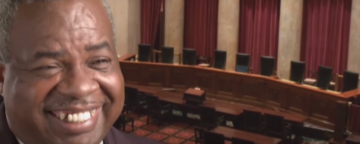
In honor of Juneteenth, Annenberg Classroom is highlighting educational resources, including a video on the Supreme Court case of Thaddeus Edmonson.